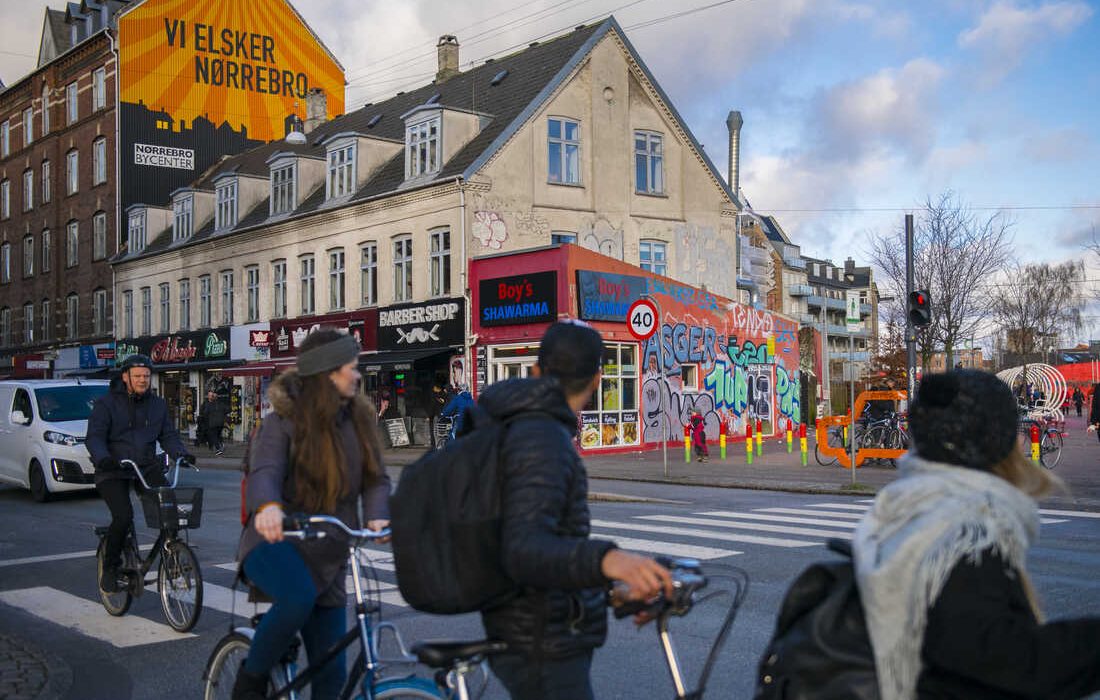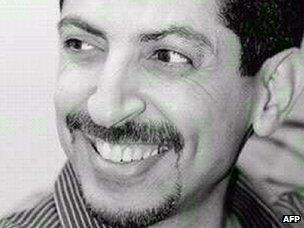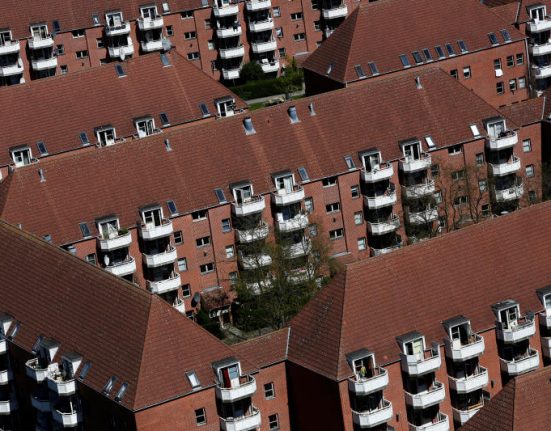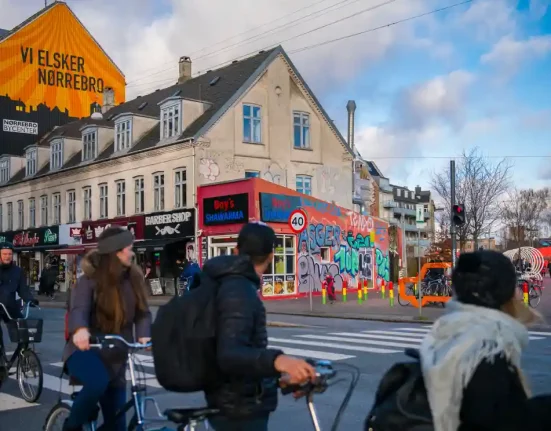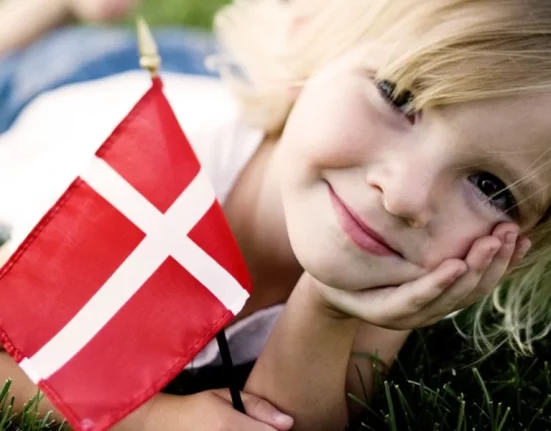The Eastern High Court of Denmark has submitted a complaint against the Danish government to the Court of Justice of the European Union (CJEU) to determine whether the EU’s legal protection against racial discrimination applies to actions implemented under the “Ghetto Package” regulations.
A group of Copenhagen homeowners who are being evicted from their homes in Mjlnerparken, a neighbourhood defined as a “difficult ghetto” by law, filed the lawsuit. The defining characteristic of a “ghetto” is if the majority of people are classified as “non-Western.” However, in the judicial procedures, the Danish Ministry of Interior and Housing has denied any relation to race or ethnicity, although the term “non-Western” excludes Australia and New Zealand.
The Danish Institute for Human Rights and two UN-appointed human rights experts seek a rule from the CJEU about correctly interpreting the EU’s Race Equality Directive, including the term “non-Western background.”
“We welcome the Eastern High Court’s decision to refer this case to the Court of Justice of the European Union,” said Susheela Math, senior managing litigation officer at the Open Society Justice Initiative. He added that this gives the court in Luxembourg an invaluable opportunity to help address contemporary forms of racism by clarifying that Denmark or other European countries can’t seek to evade liability for racial or ethnic discrimination through coded wording.
Math said that some international expert bodies demanded the Danish government to stop using ‘non-Western’ background as a basis for laws and policies, with the UN Committee on Economic, Social and Cultural Rights explicitly exposing it as a discriminator based on ethnic origin.
A decision by the CJEU might encourage other European countries to follow suit, as Sweden has recently suggested enacting legislation identical to Denmark’s.
“Those labelled as being of ‘non-Western’ background, including those born and raised in Denmark, have been targeted by the Danish state through a series of laws, policies, and practices,” said Lamies Nassri, project leader at the Centre for Muslims’ Rights in Denmark.
“The UN’s human rights experts on contemporary forms of racism and adequate housing have expressed concern about the impact on communities that are predominantly Muslim and noted that this type of wording has been used or proposed in multiple national contexts in Europe. Islamophobia is growing in Denmark and throughout the continent.”
“This summer, the European Commission against Racism and Intolerance emphasized the need for the Danish government to prevent anti-Muslim racism and discrimination as a priority. We call upon national and international courts—including the CJEU—to help do the same.”
The “Ghetto Package” was introduced in March 2018 and includes a requirement to reduce standard family housing in so-called “tough ghettos” to 40 per cent by 2030.
Private investors have bought over 200 family homes in Mjolnerparken so far. Like thousands of others across Denmark, the residents are now receiving eviction notices, despite an urgent appeal by three UN Special Rapporteurs asking for the sale to be halted pending resolution of the litigation.
In 2021, the legislation was expanded to reduce residents of “non-Western” backgrounds in any “housing estate” in Denmark to a maximum of 30 per cent within the next ten years.


